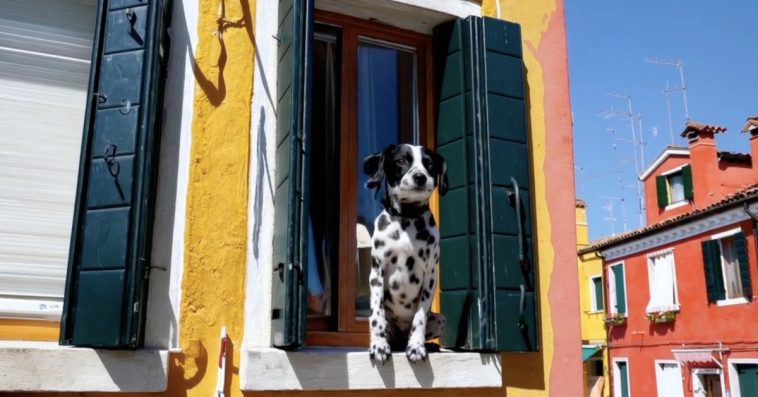OpenAI first teased its text-to-video AI model, Sora, back in February and hasn’t provided any meaningful updates on when it will be released since then. Now, it looks like some artists leaked access to the model in protest of being used by the company for what they claim is “unpaid R&D and PR.”
On Tuesday, a group of Sora beta testers claimed to have leaked early access to Sora with a working interface for generating videos. In a post on Hugging Face, a public repository of AI models, they say that people were able to create lots of AI videos — all of which resemble OpenAI’s own Sora demos — before the company intervened to shut down access. (TechCrunch first reported on the alleged leak.)
From the group’s open letter:
DEAR CORPORATE AI OVERLORDS
We received access to Sora with the promise to be early testers, red teamers and creative partners. However, we believe instead we are being lured into “art washing” to tell the world that Sora is a useful tool for artists.
ARTISTS ARE NOT YOUR UNPAID R&D
☠️ we are not your: free bug testers, PR puppets, training data, validation tokens ☠️
The letter goes on to say:
“We are not against the use of AI technology as a tool for the arts (if we were, we probably wouldn’t have been invited to this program). What we don’t agree with is how this artist program has been rolled out and how the tool is shaping up ahead of a possible public release. We are sharing this to the world in the hopes that OpenAI becomes more open, more artist friendly and supports the arts beyond PR stunts.”
The authors say that OpenAI’s early access program to Sora exploits artists for free labor and “art washing,” or lending artistic credibility to a corporate product. They criticize the company, which recently raised billions of dollars at a $150 billion valuation, for having hundreds of artists provide unpaid testing and feedback.
They also object to OpenAI’s content approval requirements for Sora, which apparently state that “every output needs to be approved by the OpenAI team before sharing.”
Do you work at OpenAI? I’d love to chat. You can reach me securely on Signal @kylie.01 or via email at [email protected].
When contacted by The Verge, OpenAI would not confirm on the record if the alleged Sora leak was authentic or not. Instead, the company stressed that participation in its “research preview” is “voluntary, with no obligation to provide feedback or use the tool.”
“Sora is still in research preview, and we’re working to balance creativity with robust safety measures for broader use,” OpenAI spokesperson Niko Felix said in a statement. “Hundreds of artists in our alpha have shaped Sora’s development, helping prioritize new features and safeguards. Participation is voluntary, with no obligation to provide feedback or use the tool. We’ve been excited to offer these artists free access and will continue supporting them through grants, events, and other programs. We believe AI can be a powerful creative tool and are committed to making Sora both useful and safe.”
Former OpenAI CTO Mira Murati told The Wall Street Journal in March that Sora would be available by the end of the year but that, “we will not release anything we don’t feel confident on when it comes to how it might affect global elections or other issues.” And in a recent Reddit AMA, CPO Kevin Weil said Sora hadn’t been released yet because OpenAI still needed to “scale” the compute required to power it and “get safety/impersonation/other things right.”





GIPHY App Key not set. Please check settings